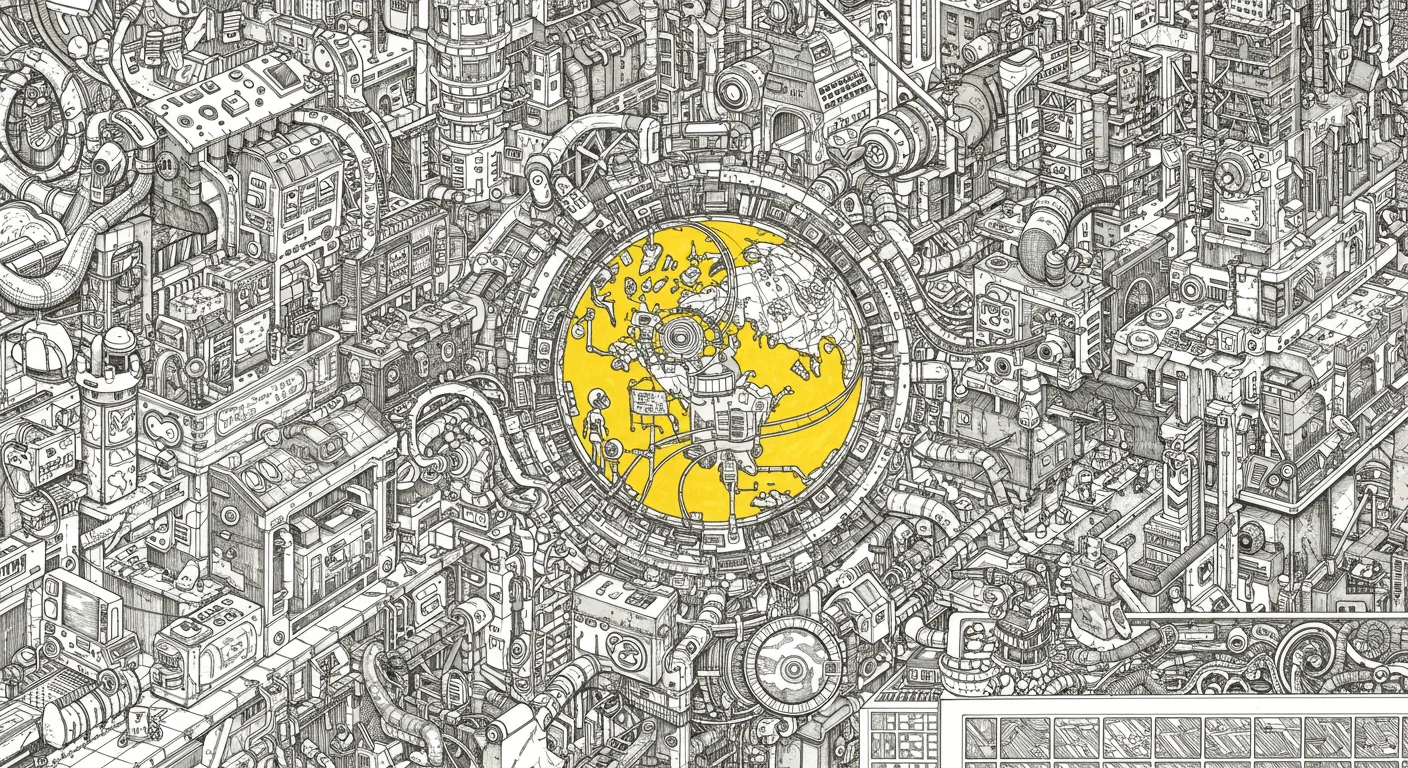Online commentators are buzzing about Nvidia's potential vulnerability in the AI hardware market. The core argument isn't that Nvidia will collapse overnight, but that its seemingly impregnable position is showing early signs of erosion.
The most significant threat comes from tech giants like Google, Amazon, Microsoft, and Meta, who are aggressively developing their own AI chips. These companies, which represent about 50% of Nvidia's datacenter revenue, are actively working to reduce their dependence on Nvidia's hardware. Google's Gemini, for instance, was trained entirely on in-house TPUs, signaling a potential long-term shift.
Nvidia isn't sitting idle, though. The company is diversifying its strategy by expanding into services like AI Foundry and exploring custom chip consulting. Their ecosystem of tools like CUDA, Infiniband, and NVLink still provides a significant competitive advantage that won't disappear overnight.
The semiconductor industry has always been cyclical, and Nvidia knows this better than most. While the current AI boom has been incredibly lucrative, with the company projected to generate around $110 billion in operating income in the next year, the landscape could change rapidly. The key question isn't whether Nvidia will maintain its current dominance, but how quickly and effectively it can adapt.
Interestingly, many online observers remain bullish on Nvidia, arguing that the company's singular focus on advancing GPU technology gives it an edge that other tech giants can't easily replicate. The game isn't over—it's just entering a new, more competitive phase.


